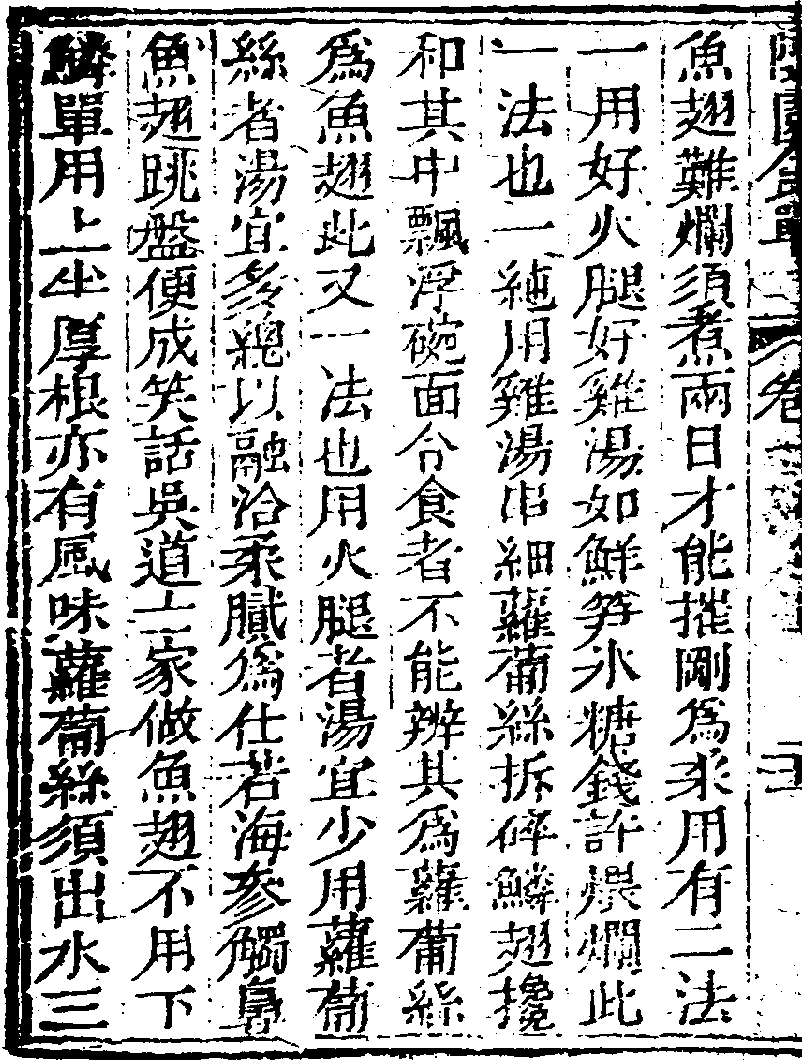
China Research Seminar Series talk given by Ron Po, London School of Economics.
What transformed shark fin - a commodity rendered almost tasteless through extensive soaking and drying - into an esteemed luxury within the Qing dynasty? This talk examines the appeal of shark fin in Qing society, where this seemingly flavourless maritime produce came to symbolize refinement and status. Beyond its presence at elite banquets, shark fin symbolized Qing ideals of wellness and sophistication, supported by endorsements from the period’s medical experts, who extolled its health benefits and revitalising properties. This fascination with shark fin reflects broader shifts in the Qing consumption market, where the concept of “sea-freshness” (haixian) linked it to other marine treasures - abalone, sea cucumber, and fish maws - each representing social sophistication and the dynasty’s expanding maritime imagination.
Scholars like Craig Clunas and Xu Guanmian have argued that early globalization should not be understood solely through European consumption of exotic goods such as sugar and tea. Echoing this line of thought, I suggest that shark fin consumption in Qing China similarly exemplifies these globalizing currents. Positioned within a network of luxury and demand, the popularity of shark fin linked the Qing Empire to a broader early modern world through maritime exchange, drawing intriguing parallels with European appetites for rare imports. By examining shark fin alongside the “four sea delicacies (baoshen chidu),” this talk redefines the long eighteenth-century Chinese table as a site of cultural convergence, where shifts in the consumption market and gastronomic ambition mirrored China’s early modern global connections and its identity as a society intricately connected to the maritime world.
Ron Po is a historian of late imperial China from the fourteenth to the early twentieth centuries. Since completing his doctorate at Universität Heidelberg in 2013, he has taught in Germany, the United States, and Canada, and is currently an associate professor of the Department of International History at the London School of Economics and Political Science. He is the author of The Blue Frontier: Maritime Vision and Power in the Qing Empire (2018), Shaping the Blue Dragon: Maritime China in the Ming and Qing Dynasties (2024), and two books in Chinese, entitled The Placid Ocean: Qing China and the Asian Seas (2021), and Turning the Tide: Historical Actors and Social Memories in Late Qing China (2022). In 2019, he was elected a Fellow of the Royal Historical Society.
| Contact |
|---|
| Dr Noga Ganany: ng462@cam.ac.uk |
